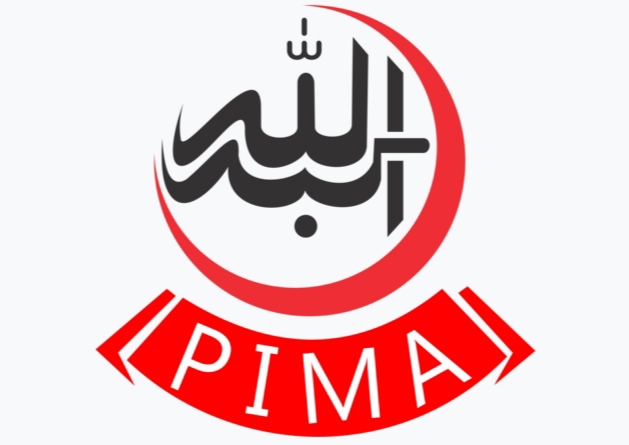PANAH Calls for Higher Tax on Sugary Drinks to Combat Pakistan’s Worsening Health Crisis
Islamabad— In an urgent call to action, Sanaullah Ghumman, General Secretary of the Pakistan National Heart Association (PANAH), has urged the Government of Pakistan to increase the Federal Excise Duty (FED) to at least 40% on all sugary drinks—including juices, carbonated beverages, energy drinks, flavored milk, iced teas, squashes, syrups, and coffees—in the upcoming Finance Bill 2025–26, and further raise it to 50% in 2026–27, as a critical step to reduce the burden of non-communicable diseases (NCDs) and protect public health.
Speaking to the media, Mr. Ghumman emphasized that Pakistan is facing a national health emergency, with non-communicable diseases such as diabetes, cardiovascular conditions, obesity, and chronic liver and kidney diseases becoming increasingly prevalent. “Our country now ranks first globally in diabetes prevalence, with 31.4% of adults aged 20–79 suffering from the disease. This is not just a health crisis—it’s a national emergency,” he stated, citing the International Diabetes Federation (IDF) Diabetes Atlas 2025.
With more than 230,000 deaths annually linked to diabetes-related complications, and over nine million people undiagnosed, PANAH warns that Pakistan’s under-resourced health system—spending only $79 per capita—is ill-equipped to deal with this growing crisis. “Prevention is no longer just an option—it is the only viable path forward,” said Ghumman.
He highlighted that sugary drinks, including juices often marketed as healthy, are a leading contributor to the rise in NCDs. “These products contain extremely high levels of sugar—between 54% and 99% of total energy per serving—far beyond WHO’s recommended limits,” he noted. “Whole fruits, not fruit juices, are what health experts recommend.”
PANAH referenced a World Bank 2022 study, which showed that a 50% excise tax on sugary drinks could reduce per capita consumption to 5.2 liters, result in an average annual health gain of 21 DALYs per 10,000 population, generate an economic value of $7 million, and boost tax revenues by $51 million.
Mr. Ghumman stressed that no product should be exempted from the proposed tax, including items marketed as “fruit-based” or “healthier alternatives.” He called for resisting industry pressure and eliminating any misleading policy incentives or tax breaks for such products.
“The economic cost of inaction is staggering,” he added, pointing out that the annual direct cost of managing diabetes in Pakistan stands at $2.6 billion, with average treatment costs reaching $740 per patient per year. The broader economic losses due to NCDs are projected between $358 billion and $862 billion from 2010 to 2025.
“Taxing sugary drinks is a proven, cost-effective public health policy. It saves lives, reduces disease, and strengthens our economy. We urge the Government to act decisively and include this tax in the Finance Bill 2025–26, and further increase it in 2026–27. Public health must come before corporate profit,” Mr. Ghumman concluded.




